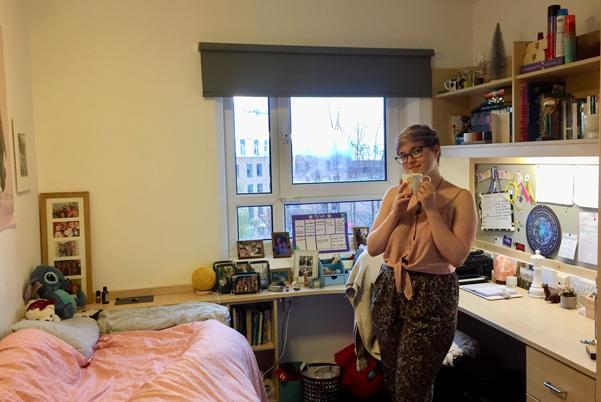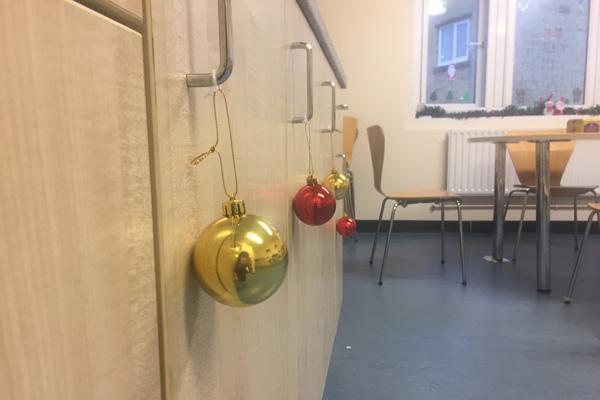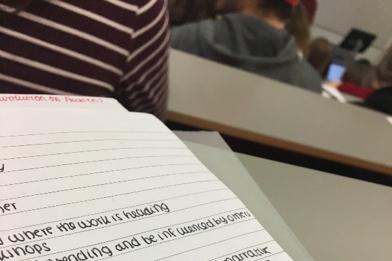Although most university students will have experience with working from home in the past (e.g. study leave during A-Levels), returning home and maintaining the motivation to crack on with those essays and finish that coursework is extremely difficult. Whether this is over the holidays, or in the current situation (I’m writing this during lockdown), here are some tips to ensure that you can still get all your work done on time - and relax.
1. Establish a routine
It is very easy to return home and just binge all the new Netflix series whilst your mum or dad cooks and cleans around you. However, to remain in the working mindset, it is really important to establish a routine in your day. The easiest way to do is to replicate a routine that you may already be familiar with - a routine based around school and lecture times - and work around an established schedule, getting up and going to be at similar times each day.
It is also worth considering when you are going to be your most productive - do you work better in the morning or the evening? Do you like to exercise before you sit down and write? I like to go out for a walk or a run in the morning, and then do my work afterwards. With much less independence at home than at university, you need to also consider the rest of your household and any duties that you have there. For example, helping to entertain younger brothers and sisters!


















